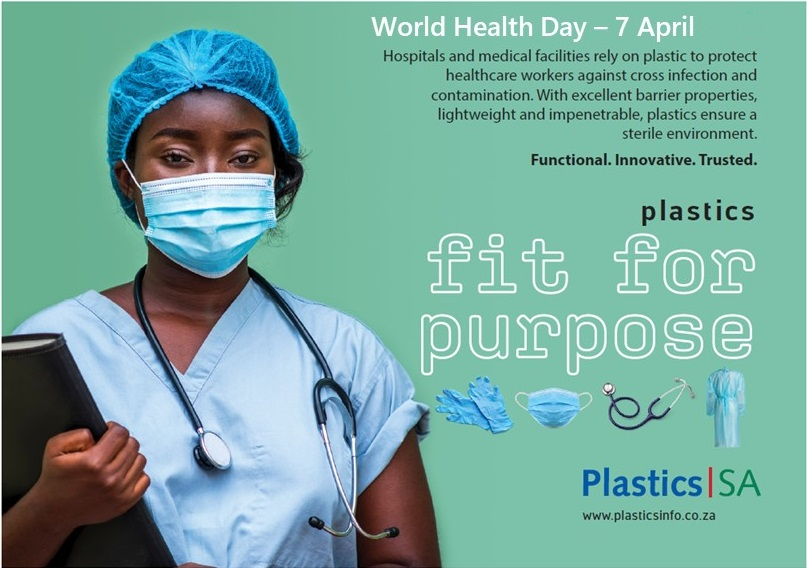Plastics play a vital role in healthcare and public health by enabling safe and efficient medical practices, from packaging medications and medical devices to providing personal protective equipment and disposable syringes, ultimately contributing to healthier and longer lives.
Medical Applications:
- Packaging and Storage: Plastics are used to package and store medications, vaccines, and other medical supplies, ensuring their safety and efficacy.
- Medical Devices: Plastics are essential components in medical devices like syringes, IV bags, catheters, and replacement joints, facilitating medical procedures and treatments.
- Personal Protective Equipment (PPE): Plastics are used to create PPE such as gloves and masks, which are crucial for protecting healthcare workers and patients from infections.
- Disposable Syringes: The widespread use of disposable plastic syringes has significantly reduced the risk of bloodborne infections like HIV and hepatitis B, which was a major public health concern in the past.
Food Safety and Preservation:
- Food Packaging: Plastics used in food packaging help to keep food fresh and reduce spoilage and waste, contributing to food security and reducing the risk of foodborne illnesses.
- Stringent Standards: Plastics used in food packaging are subject to strict regulations and quality control measures to ensure they are safe for contact with food.
Public Health Benefits:
- Infection Control: Disposable plastic items like gloves, IV bags, and dialysis tubes are inexpensive and allow for patient safety as well as time savings, due to eliminating the need to sterilize used equipment.
- Convenience and Efficiency: The use of disposable plastic products in healthcare settings streamlines procedures and reduces the risk of cross-contamination and infections.



